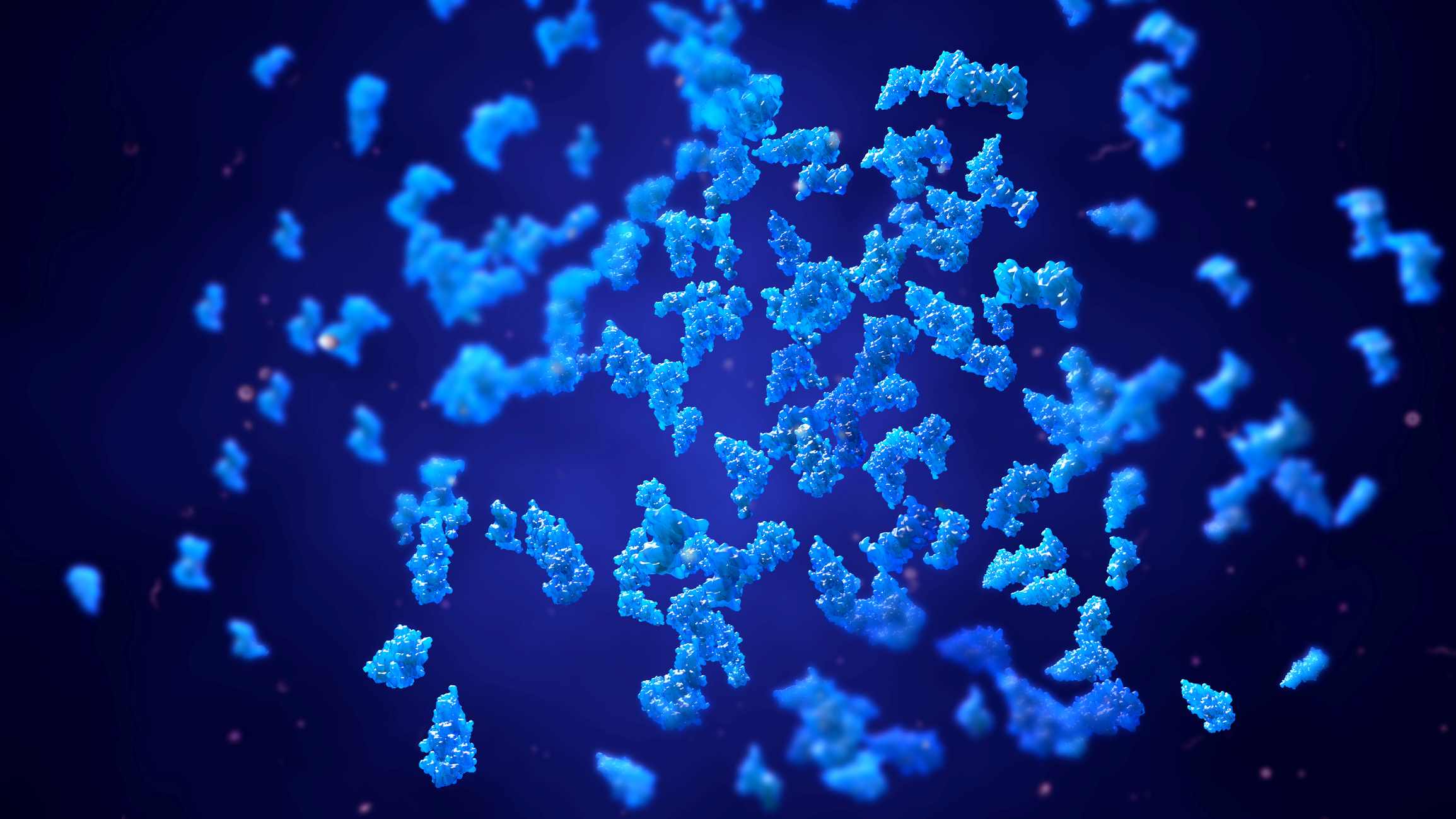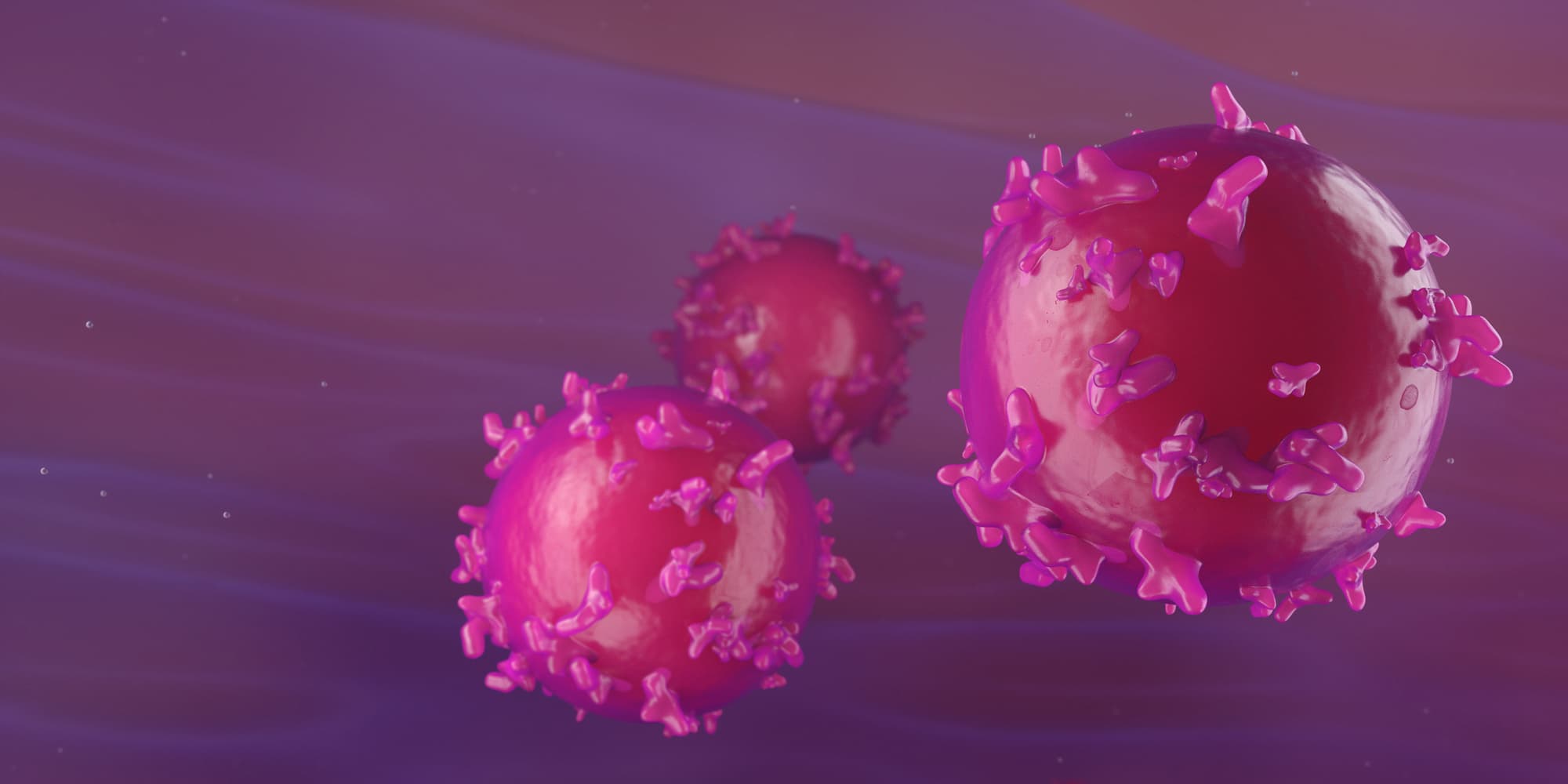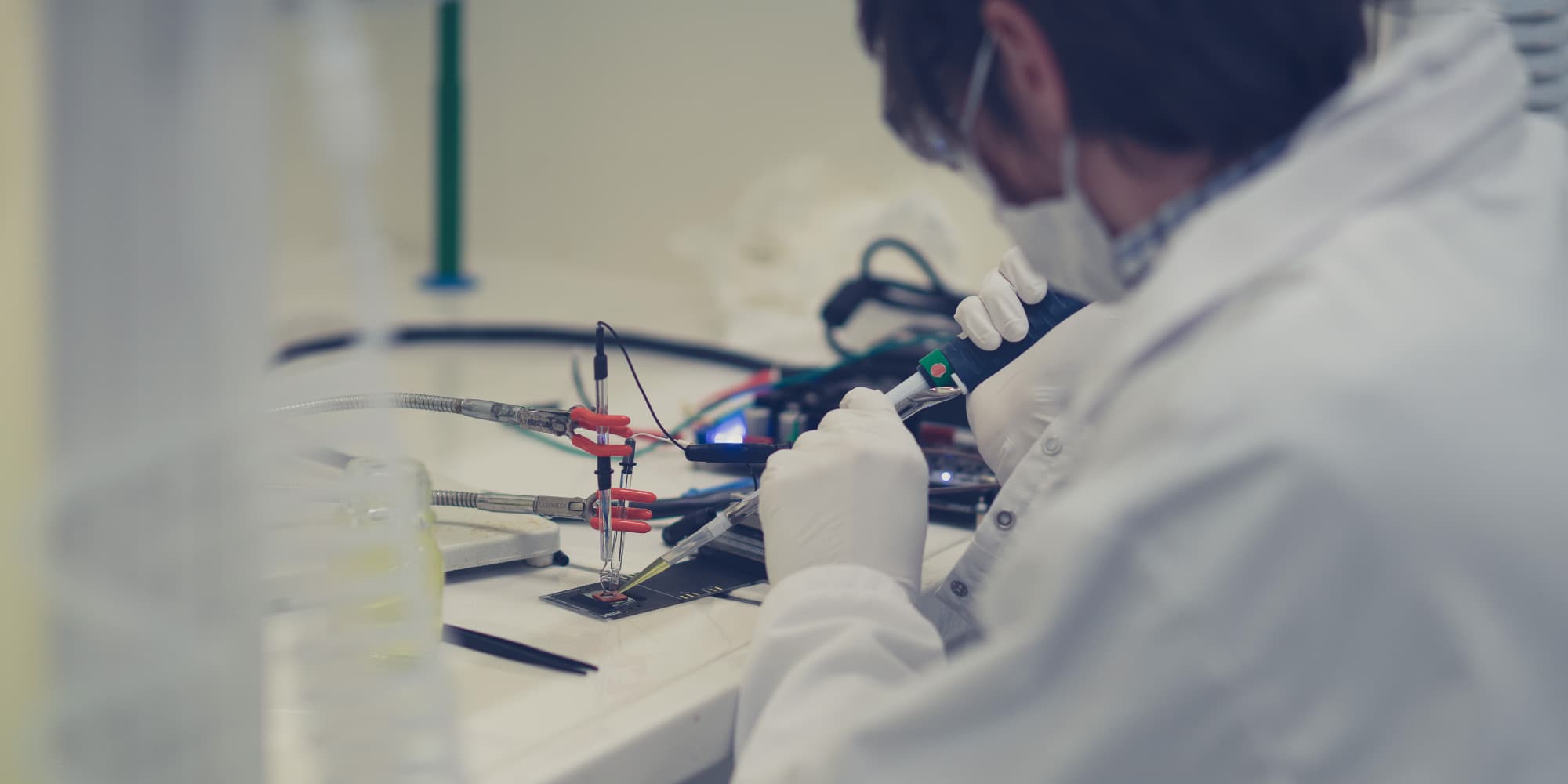
High-throughput technologies for proteomics
Develop with us a decentralized, high-throughput solution to bring proteomics from the lab to the hospital, for truly revolutionary diagnostic tests and assays for personalized treatment plans.
After the human genome project, a yet greater study is on the horizon: the unraveling of the human proteome. ‘Greater’ in the sense of its impact: proteins are key in all biological processes and are often directly involved in disease onset. And ‘greater’ in terms of the challenge:
Sequencing the proteome: the next frontier
- 20 building blocks vs 4 in genes
- ~50X larger than the genome
- Host of post-translational modifications
- 1 cell contains ~2*109 protein molecules
- Proteins cannot be amplified
- Requires single cell sensitivity
Image source: adapted from www.thermofisher.com.

- Proteins are made up of twenty – amino acid – building blocks instead of four nucleotides in their genetic code.
- The same protein buildup can exist in different 3D-folded forms and with different post-translational modifications.
- Extremely low concentrations need to be detected – since proteins can’t be replicated like DNA and RNA.
The result: 20,000 genes translate into more than 1,000,000 protein isoforms.
Mass spectrometry is the standard method to detect and analyze proteins. It’s an expensive, low-throughput technique done by specialized staff, in centralized laboratories.
Towards a decentralized, high-throughput proteomics solution
Today, the study of proteins is mainly confined to research labs. To make it accessible for clinical practice, the detection, quantification, and sequencing of proteins needs to become massively parallelized and more user-friendly:
- miniaturized instruments for decentralized solutions
- possibility to map the full proteome of a cell, tissue, liquid
- rapid detection of specific target proteins
- high throughput
- high sensitivity
- broad dynamic range
Imec has strong expertise in the domain of genomics and has developed solutions with several of the major players in the field. Imec can leverage this track record in the next-gen sequencing (NGS) space to develop large-scale, highly parallelized protein sensing arrays with single-molecule resolution to enable next-generation proteomics with its proven robust and manufacturable CMOS-compatible manufacturing processes.
- fast and integrated fluidics for individual addressability
- multi-electrode arrays
- fluorescence detection
- integrated photonics
- cell sorter technology
- barcoding technology
- solid-state nanopores
- system integration
- compute architectures for machine learning and artificial intelligence
Work with us
Do you also believe in the power of proteomics, and do you want to build a unique solution for true breakthrough results in healthcare research, personalized medicine, and diagnostics?
Then let's discuss how we can collaborate. Click the button below to get in touch.












